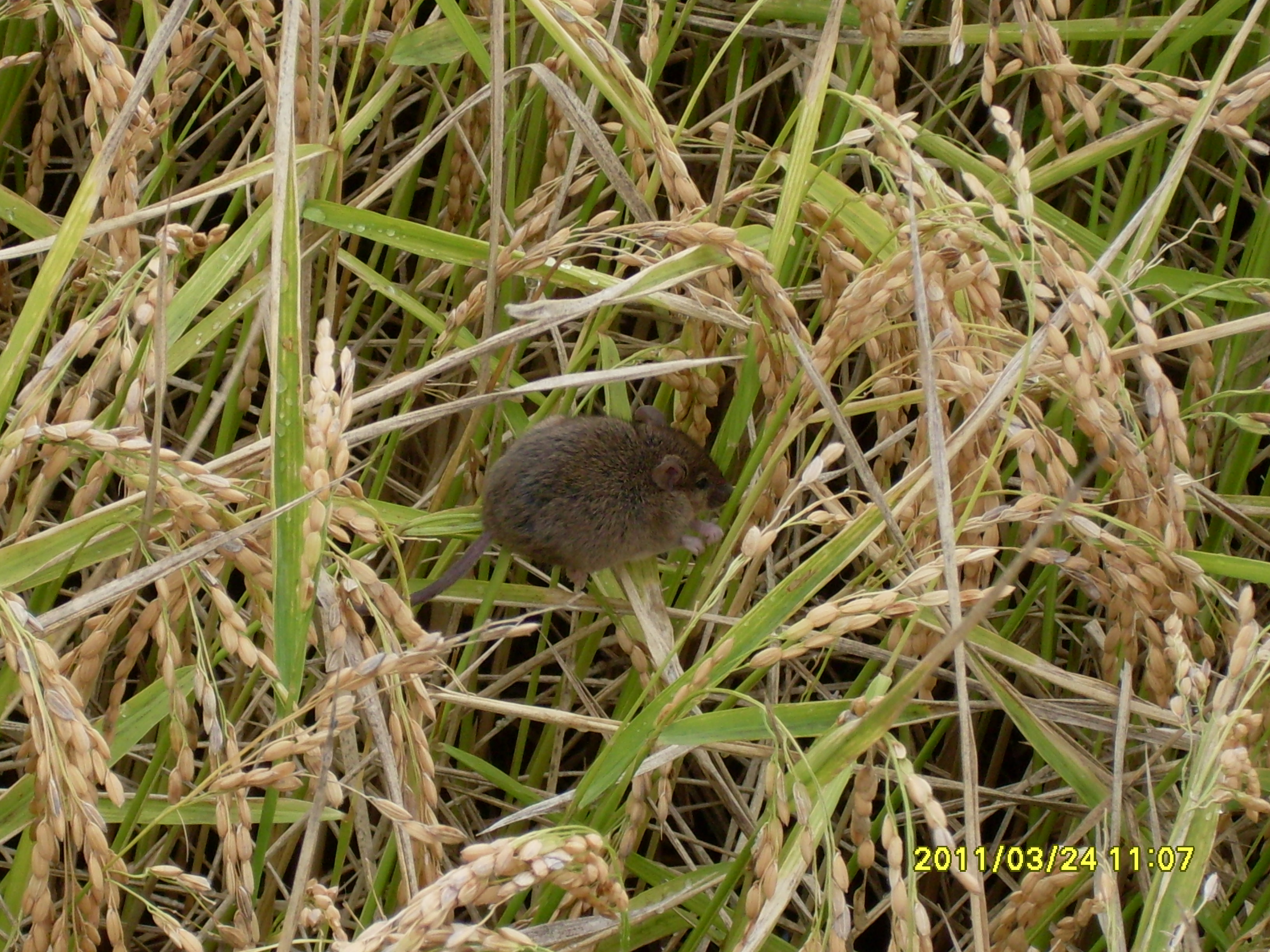Beware leptospirosis, disease of animals and humans
PRODUCTION ADVICE - APRIL 2021 - ANIMAL BIOSECURITY & WELFARE
By Heidi McGrath
Final-year veterinary student, Charles Sturt University

In humans, leptospirosis infection can result in cold and flu-like symptoms such as fever, severe headaches, chills and vomiting. Symptoms usually come on suddenly and can last for several weeks. Some people may go on to suffer lasting effects, including severe conditions such as kidney failure, jaundice, bleeding and respiratory complications, and even meningitis of the brain.
Those most at risk include people who have close contact with animals or who are exposed to water, mud, soil, or vegetation that has been contaminated with animal urine.
In cattle, there are two strains of Leptospira which can cause still births, abortions and reduced milk yield in affected cows: L. hardjo and L. pomona. To protect against both these strains, you can vaccinate your cattle using either a ‘7-in-1’ or leptospirosis vaccine.
To protect yourself, your family and your farm staff against leptospirosis, you should seriously consider vaccinating your cattle, carrying out rodent control, ensuring you wash your hands before eating, and wearing protective clothing such as gloves when handling at risk animal materials. Leptospirosis poses a real and potentially serious risk to humans, especially during higher risk periods such as rodent plagues, so taking these simple and practical steps to prevent the disease is in everyone's best interest.